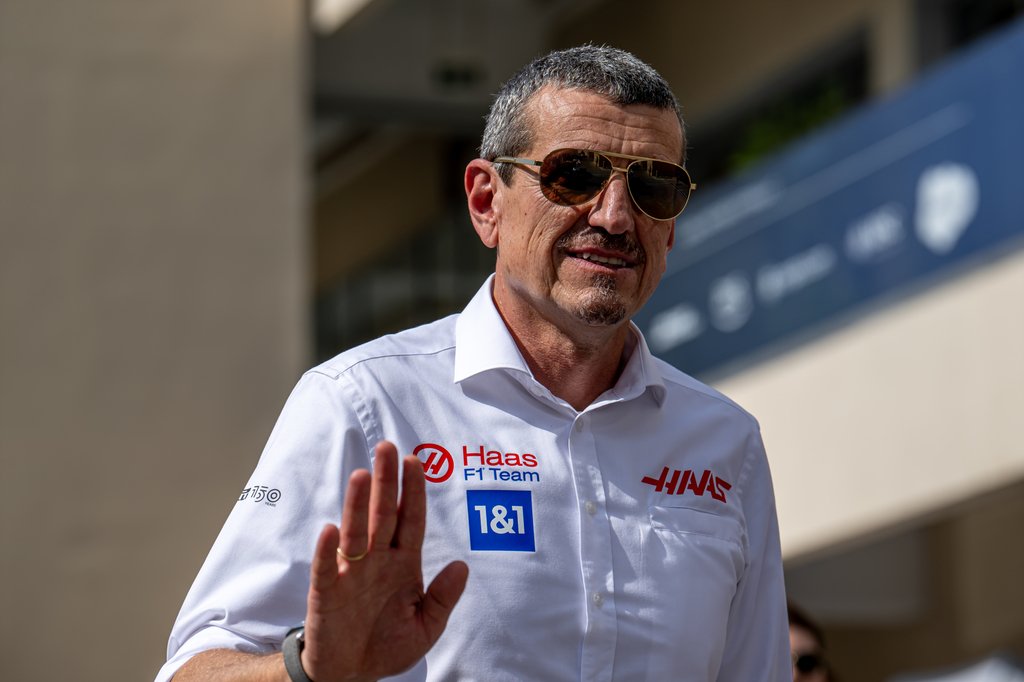
Haas announced in October that international payment company MoneyGram would be joining as its new title sponsor, providing a big financial boost to one of the smallest operations on the F1 grid.
Haas F1 chief Steiner confirmed at the time of the announcement that the injection of cash would allow the team to reach the budget cap, putting it on a more level playing field with the other teams.
But Haas is not looking to move away from the team model it has operated under since joining the grid in 2016, enjoying close technical ties to Ferrari and maximising the permissible transfer of technology as a customer team.
Haas will unveil its new 2023 livery via digital renders later today, and Steiner made clear at the end of last season that its focus had to be on car development, not changing the team’s overall approach.
“We want to invest the money in the car,” Steiner told Autosport in an interview.
“At the moment, whatever we have got, we invest in the car. There is nothing that you want to do outside at the moment. The system we have got, we just want to stabilise it and just make sure that we use everything to make the car go quick, nothing else.

“We are not focusing on other stuff, [saying] ‘oh we want to do this ourselves’ - no. Let’s stabilise how we do it now, and then if we want to change something, change it after, because otherwise if you try to do too much, we trip over.
“At the moment, we stick with the model, get the best out of it. If we can find savings or better investments within the budget cap by doing parts ourselves, then we do that afterwards. But not straightaway.”
The arrival of MoneyGram provides greater stability to Haas after a turbulent period that has seen it go through two short-lived title partners in the last four years.
Its deal with Rich Energy failed to last a full season in 2019, while a partnership with Uralkali was terminated after just one year in the wake of Russia’s invasion of Ukraine last February.
Asked if the arrival of MoneyGram would put Haas in its best position to date, Steiner replied: “I’d say we were never in a bad position.
“2020 was not an easy position, because of the pandemic when that broke out. But I think yes, it puts us in a very solid position.
“The best one or not? I think in the beginning, we were very solid with everything. When we came in in ’16, there was no budget cap, so you are a lot lower than the other teams, even if you are in a good financial situation.
“But now also compared to the other ones, we are very competitive financially - not competitive, we are equal."







